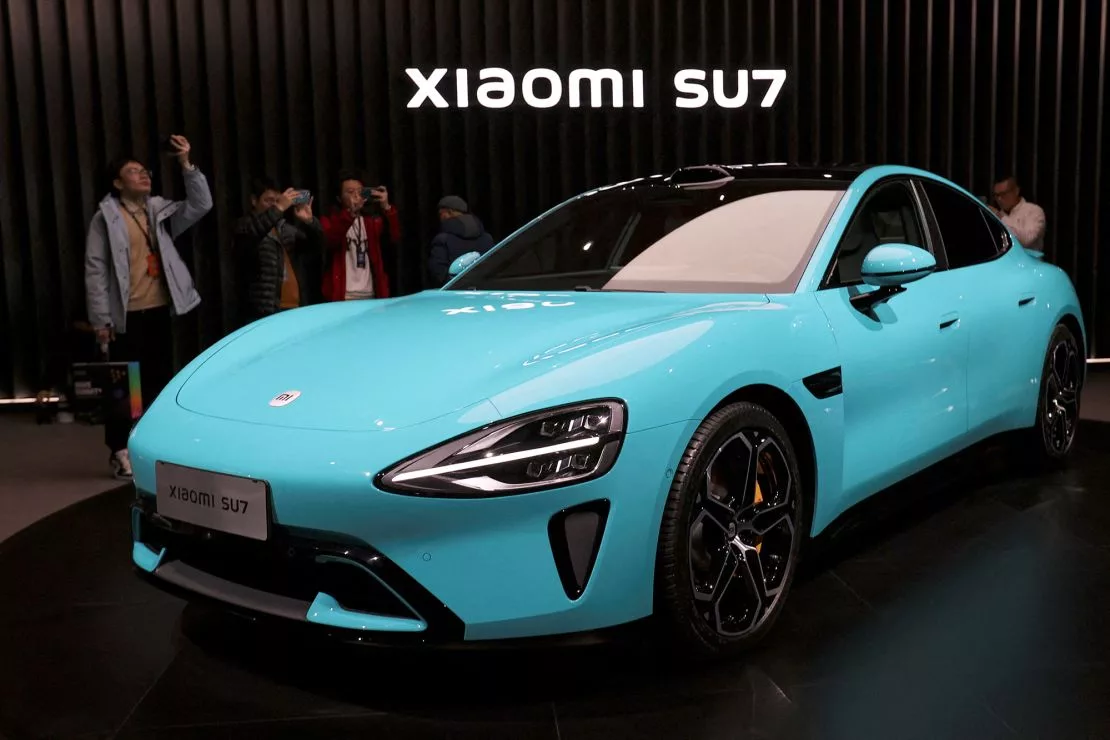Canada announced it will impose a 100% tariff on imports of Chinese electric vehicles (EVs) and a 25% tariff on imported steel and aluminum from China. This decision follows similar moves by the United States and the European Union. The tariffs will apply to all EVs shipped from China, including those made by Tesla. As a result, shares of Tesla, the world’s most valuable automaker, fell 3.2%.
In 2023, Canadian imports of Chinese automobiles surged 460% year over year, largely due to Tesla’s Shanghai-made EVs. Prime Minister Justin Trudeau stated the tariffs are meant to counter China’s “state-directed policy of over-capacity,” emphasizing that China is “not playing by the same rules.” Trudeau noted that Canada is aligning its actions with other global economies.
In response, a spokesperson from China’s Commerce Ministry criticized the move, saying it would disrupt global supply chains and violate World Trade Organization (WTO) rules. The spokesperson accused Canada of engaging in “typical trade protectionism” and warned of negative impacts on China-Canada trade relations. China is Canada’s second-largest trading partner, although it significantly trails the United States.
The tariffs will not apply if companies move production out of China. Tesla does not disclose its export figures to Canada, but reports indicate that its Model 3 and Model Y are being shipped from Shanghai to Canada.

